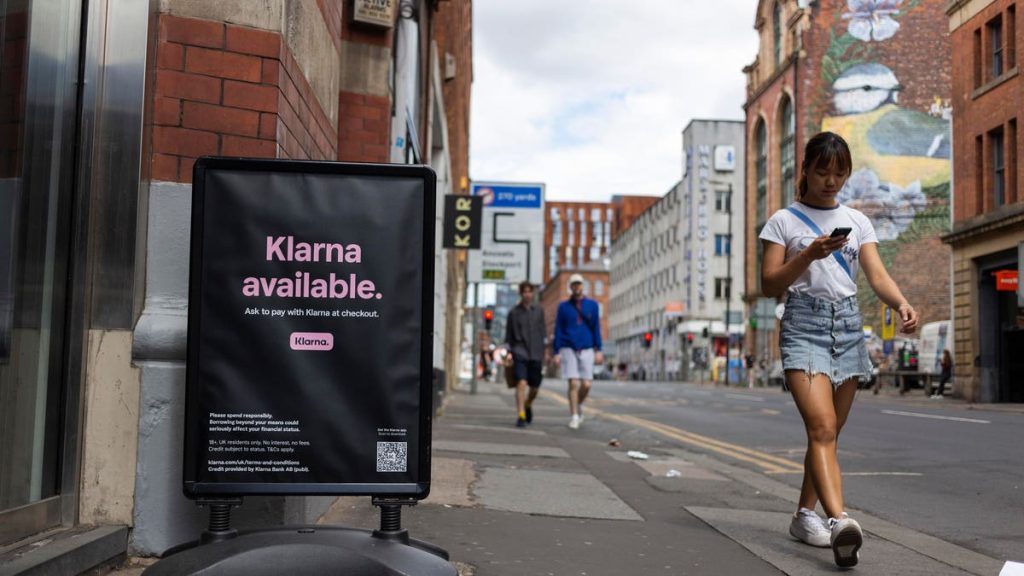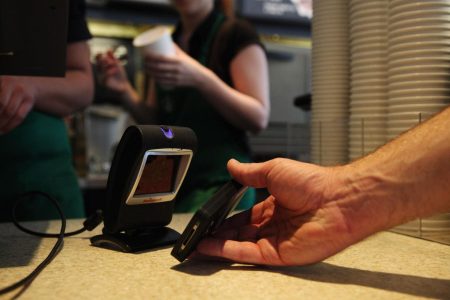The Buy Now Pay Later (BNPL) sector continues to evolve and now the techfins are ramping up the competition. Fintechs such as Klarna blazed the trail, the banks joined in and the techfins have taken up the torch. Earlier this year Apple
AAPL
AMZN
BNPL Is Growing
The growth of Buy Now, Pay Later (BNPL) services in many markets is has been rapid, and the UK is now different. It is an established option for UK consumers. More than one-third of all Brits have used BNPL services (more than 19 million people), a fraction that has doubled over the last two years. The main players in the UK market (including Klarna, ClearPay, LayBuy and PayPal
PYPL
Clearly, BNPL meets a consumer need. But it also deliver for retailers, hence the rapid growth. There are three main reasons for this. First, consumers paying with BNPL were up to three times more likely to purchase after browsing. Secondly, while the most common purchases are clothing and shoes, purchases of electronics, appliances, and other durable goods also raised the average basket size. Finally, there were fewer abandoned transactions (two-thirds of US users said they would abandon a purchase if BNPL wasn’t an option). So consumers like it and retailers like it. So why are there concerns?
Well, I can well remember when BNPL first arrived on our shores, it was used to buy fitness equipments and designer clothes. Now, however, Brits are increasingly reliant on BNPL as a payment method and while there has been a significant shift in spending across all ages, it is young people who are using these the most. And across those age groups, it is no longer about luxuries. Almost two million BNPL customers are now using it for essential items, according to research from the Money and Pensions Service. This includes groceries (11%), toiletries and hygiene (8%), household bills (5%) and fuel (4%). Half of the 10 million BNPL users have a bill they haven’t yet paid off and a third have at least two. Of those with payments outstanding, more than half (55%) owed more than £100. One in seven (14%) owes over £500. More than a third of users spend more than they had planned. BNPL definitely changing how people pay: Two thirds of Britssay they have used it even though they’d originally intended to pay for the item in full.
(The spectrum of BNPL use is extending. Brits who face long waiting lists for medical treatment and cannot afford to use private doctors instead are being encouraged to sign up for BNPL to cover the costs of basic healthcare.)
This makes me (and and many others) wonder whether it is time for some regulation. Indeed, new regulation was planned and BNPL was to be included under the Financial Conduct Authority (FCA) “Consumer Duty”. The FCA found in its latest annual survey that nearly nine million Brits (around a sixth) had used deferred payment credit or BNPL deals in the past year. So what would regulating look like? Well, for example, it would include the extension of liability under section 75 Consumer Credit Act 1974 (CCA) where purchases have a cash price of more than £100 and less than £30,000 (the “Section 75” provision that was originally introduced to protect credit card users).
Regulate For Potential
Such regulation may well make some consumer purchases that are perceived as “high risk” less attractive to fund (eg, plastic surgery), to the extent they are financed over an extended period with no interest. However, it appears that the government has now about to announce that it will hold off for the time being, apparently because some of the bigger BNPL providers said that they could leave the UK market if subjected to “heavy-handed” regulation. This would disappoint consumer campaign groups who have long argued that the sector needs urgent regulation by the Financial Conduct Authority (FCA).
Why does this delay concern campaign groups? Well, it seems that BNPL consumers do not always consider BNPL credit as debt. This disconnect between BNPL and credit cards could be problematic because of the previously noted increasing trend for young consumers to adopt the use of BNPL products. With BNPL currently being unregulated, this means it could be challenging to evaluate an individual’s debt profile/credit rating and also to identify individuals who are struggling to manage multiple credit lines. In the long run, that’s not good for business.
The lack of regulation costs across the fintech sector’s amazing potential to revolutionise the financial services world by shifting to deliver integrated financial health to consumers (powered by open banking and AI) instead of delivering individual financial services. Let’s get that fixed.
Read the full article here















